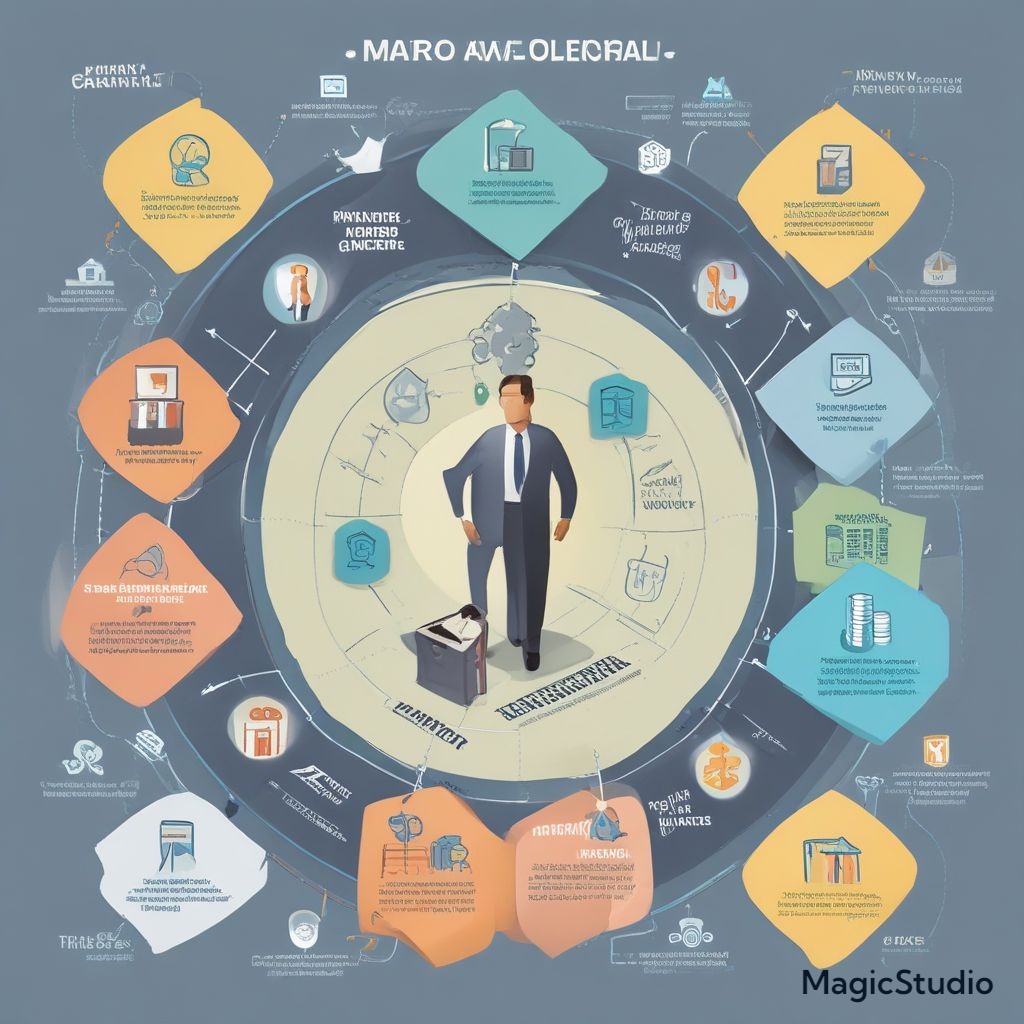Making a major career move can be an exciting yet daunting experience. Whether you’re switching industries, pursuing a promotion, or starting your own business, proper financial preparation is crucial to ensure a smooth transition. In this blog, we’ll discuss practical steps you can take to prepare financially for your career shift, helping you to minimize stress and maximize your success.
1. Assess Your Current Financial Situation
Before making any significant career decisions, it’s essential to evaluate your current financial standing. This includes:
- Calculating Your Net Worth: List your assets (savings, investments, property) and liabilities (debts, loans) to get a clear picture of your net worth.
- Reviewing Your Budget: Analyze your monthly income and expenses. This will help you understand how much you can allocate towards savings and investments during your career transition.
2. Establish an Emergency Fund
An emergency fund is vital, especially when transitioning to a new career. Aim to save at least three to six months’ worth of living expenses. Here’s why it matters:
- Cushion for Income Gaps: A career move might involve a period of unemployment or reduced income. An emergency fund will help cover essential expenses during this time.
- Peace of Mind: Knowing you have a financial buffer can reduce anxiety and allow you to focus on your new role or venture.
3. Set Clear Financial Goals
Establishing specific financial goals will guide your planning process. Consider the following:
- Short-Term Goals: These may include saving for moving costs, updating your professional wardrobe, or investing in new skills through courses and training.
- Long-Term Goals: Think about where you want to be financially in the next few years, considering factors like retirement savings and investment growth.
4. Create a Transition Budget
Developing a budget tailored to your career transition is essential. Here’s how to get started:
- Identify Potential Costs: List out all the expenses associated with your career move, such as relocation costs, training, certification, and new work-related expenses.
- Track Your Spending: Use budgeting apps or spreadsheets to monitor your spending. This will help you stay on track and make necessary adjustments along the way.
5. Evaluate Employee Benefits and Compensation
When considering a new job or career path, carefully evaluate the compensation package and employee benefits being offered. Pay attention to:
- Salary and Bonuses: Compare your current salary with the new offer, factoring in any bonuses or commissions.
- Benefits Package: Look beyond salary—consider health insurance, retirement plans, stock options, and other benefits that can impact your financial well-being.
6. Invest in Yourself
To make a successful career move, consider investing in your skills and education. This may involve:
- Professional Development: Attend workshops, webinars, or courses relevant to your new career. This investment can yield significant returns in terms of job performance and salary.
- Networking: Join professional associations or groups to expand your network. Networking can lead to job opportunities, mentorship, and valuable industry insights.
7. Plan for Taxes and Retirement Contributions
A major career move can impact your tax situation and retirement savings. Here’s what to consider:
- Understand Tax Implications: Changes in income may affect your tax bracket. Consult with a tax advisor to plan for any changes in tax obligations.
- Retirement Accounts: Ensure you understand how your new employer’s retirement plan works. If you’re self-employed, establish a retirement savings plan tailored to your needs.
8. Communicate with Your Partner or Family
If you share financial responsibilities with a partner or family, it’s essential to communicate openly about your career move. Discuss:
- Financial Implications: How will your career change impact your shared finances? Discuss budgeting, savings goals, and potential lifestyle changes.
- Support System: A supportive environment can ease the transition. Ensure everyone is on the same page regarding financial expectations and goals.
9. Stay Flexible and Open-Minded
Finally, remain flexible during your career transition. Opportunities may arise that you hadn’t initially considered. Here’s how to stay adaptable:
- Be Open to Changes: Sometimes, the best opportunities come from unexpected sources. Stay open-minded about roles that align with your skills and interests.
- Reassess Regularly: As you transition, regularly review your financial goals and adjust your plans as needed. Life is unpredictable, and your financial strategy should be too.
